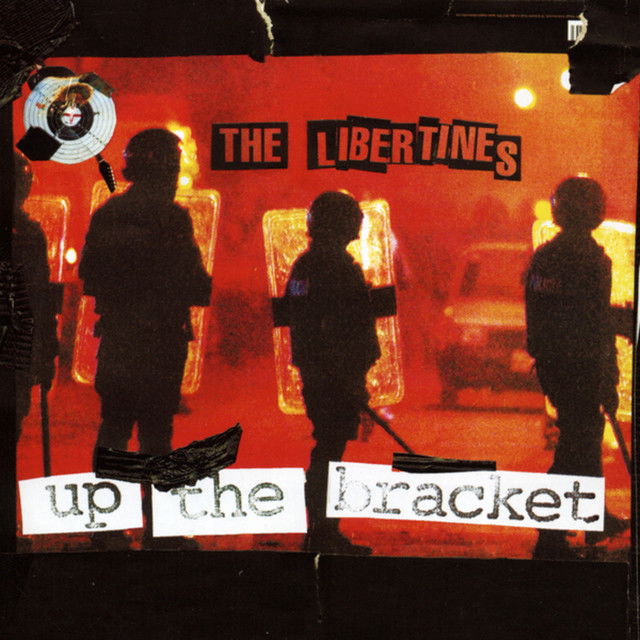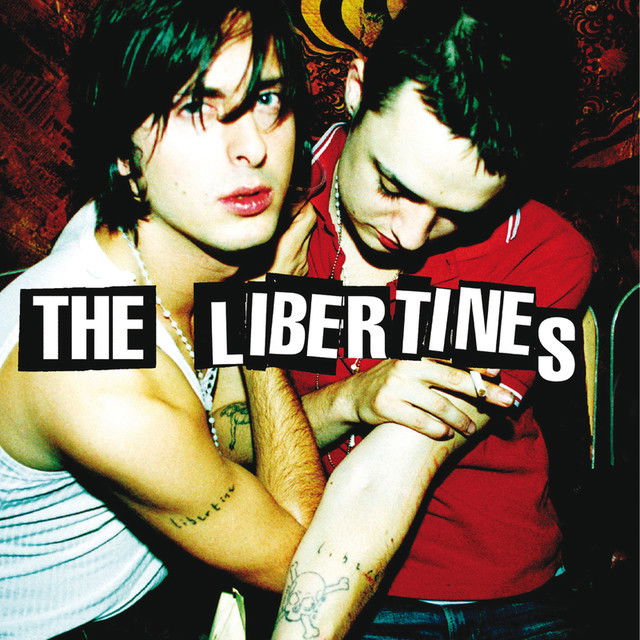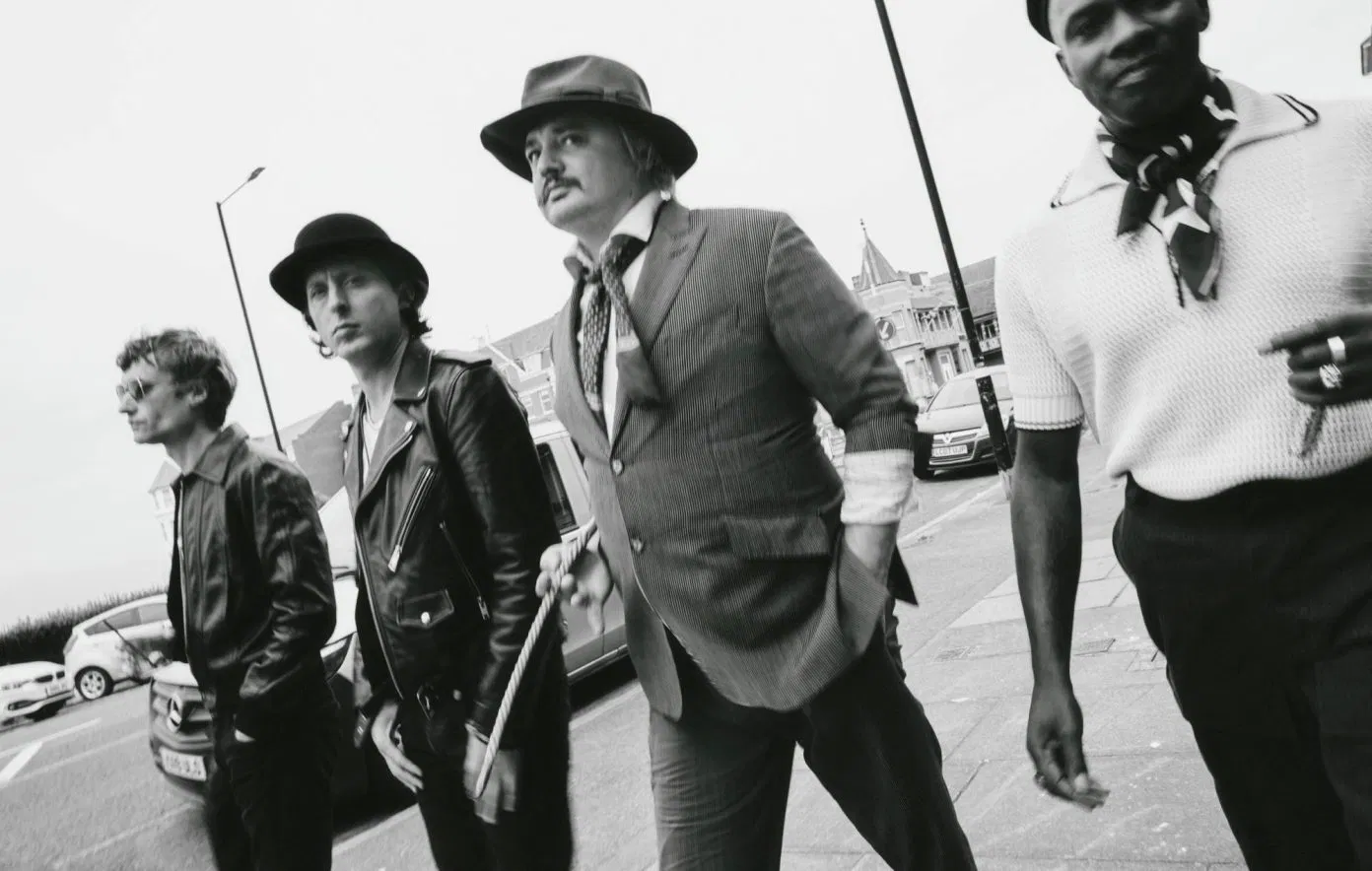Song Stories: The Libertines: Can't Stand Me Now
When The Libertines released 'Can't Stand Me Now' in 2004, it wasn’t just a single. It was a public autopsy of one of the most volatile and captivating partnerships in modern British music. Opening their self-titled second album, the track stands as perhaps the band’s defining moment: raw, brutally honest, and painfully beautiful.
By the time of its release, The Libertines were falling apart. Pete Doherty and Carl Barât’s once-magnetic bond had fractured beyond repair, torn by addiction, mistrust, and creative tension. 'Can't Stand Me Now' wasn’t just about a breakup. It was the breakup in extremely candid detail.
The song begins with Barât recounting both a literal and emotional betrayal. Doherty had broken into his flat, trashed it, and stolen a guitar. The lyric, "Your light fingers threw the dark / Shattered the lamp into the darkness it cast us," references the incident, but also serves as a potent metaphor for their crumbling relationship. Doherty was found guilty of the robbery, committed to fund his addiction, and sentenced to six months in prison, later reduced to two on appeal. In a surprising act of forgiveness, Barât welcomed him back almost immediately.
Then, in the second verse, true to the song’s call-and-response structure, Doherty deflects the blame. "No, you got it the wrong way round," he retorts, before delivering the devastating line: "You shut me up and blamed it on the brown." A clear nod to his heroin use, the lyric exposes the toxic blame game at the heart of their unraveling dynamic.
The chorus, sung together, becomes a bitter, weary refrain: "But oh, you can't stand me now..." It’s cathartic, venomous, and strangely tender, a public airing of grievances that feels both confrontational and heartbroken.
The entire track plays like a lovers’ quarrel turned tragic performance. The line between music and real life blurs. One moment, they sound like sworn enemies; the next, like brothers clinging to some last shred of connection.

Back in 2002, The Libertines burst onto the scene with their debut, 'Up the Bracket'. Produced by Mick Jones of The Clash, it was chaotic, romantic, and unapologetically British. . It crackled with belief, the belief that they might actually “save guitar music.” And for a moment, it felt like they might.
Tracks like 'Time for Heroes', 'Death on the Stairs', and the title song 'Up the Bracket' introduced a band caught between eras one foot planted in Dickensian grime, the other in punk mythology. Pete and Carl sang like they were racing each other to the end of the line, their voices tangled in a kind of beautiful, breathless desperation. The record was messy and electric a love letter to London’s underbelly.
This underbelly wasn’t just aesthetic; it was lived-in. The Libertines had spent years walking those backstreets, drinking in those bars, scraping by in that chaos. Their London was seedy, menacing, restless a world of alleyway brawls, stolen kisses, and poetic ramblings at dawn. It was fidgety, twitching with nervous energy and romanticism. The album fused their wide-eyed Albion dreaming — that almost mythic vision of a purer, more noble England, with the sordid grit of reality: Kray twin folklore, romantic ruin, and the sacredness of friendship
If 'Up the Bracket' was the opening act, 'The Libertines' (2004) was the heartbreakingly fractured second. By then, Doherty was missing gigs, caught in a spiral of addiction and legal trouble. But that only fed the legend. Fans weren’t just following a band anymore, they were witnessing a Shakespearean collapse, filled with betrayal, love, and reckless genius.
The album’s cover, featuring a candid photo of Barât and Doherty backstage at Kent’s Tap ‘n’ Tin Club on October 8, 2003, says it all. That night marked their reunion gig dubbed “The Freedom Gig” just hours after Doherty’s release from prison. The image, like the album itself, captures a moment of fragile reconciliation.

Opening with 'Can't Stand Me Now', the album plays like a diary written in real-time as everything falls apart. There’s 'Music When the Lights Go Out', a sparse ballad steeped in regret. 'The Man Who Would Be King' drips with paranoia and wounded pride, while 'What Katie Did' offers a brief reprieve a jangly, whimsical tune that sees a tender side to the band, that no one had seen before. Even the more raucous tracks, like 'Arbeit Macht Frei' and 'Campaign of Hate', carry a tense, nervous energy.
The whole record feels like it's being held together by string, threatening to unravel at any moment. And that’s its brilliance an album that transforms collapse into art. The closing track, 'What Became of the Likely Lads', brings the story full circle, it’s a plea for the old days when it was The Libertines against the world. It’s Carl, Pete, John and Gary, being upbeat in the face of doom
Shortly after the album’s release, The Libertines disbanded. Doherty’s addiction and legal issues had made continuing impossible. The breakup was messy maybe inevitable. For all their chemistry, Barât and Doherty’s brilliance was forged in friction, not built to last.
But 'Can't Stand Me Now' wasn’t the end of the story just the end of that chapter.
In the years that followed their breakup, The Libertines would drift in and out of each other’s orbit solo records, side projects, tabloid chaos but the bond between Pete and Carl was never fully severed. Eventually, the likely lads found their way back to each other. In 2015, they released 'Anthems for Doomed Youth', their first album in over a decade. But their true return wouldn’t be fully realised until 2024, with the release of 'All Quiet on the Eastern Esplanade'.
The album, recorded in their Margate hotel-turned-studio The Albion Rooms, finds the band older, steadier, but still unmistakably Libertines. There’s a maturity here less chaos, more craft but they haven’t lost that sense of romantic disillusionment or their instinct for ragged, poetic rock ’n’ roll. Tracks like 'Run Run Run', 'Night of the Hunter', and 'Shiver' show that Pete and Carl can still write hooks with heart, while songs like 'Baron’s Claw' reveal a darker, bluesier edge.

What’s most remarkable, though, is how intact their chemistry remains. It’s no longer fuelled by implosion, but by reflection , a recognition of what they almost lost, and what they’ve rebuilt.
Their triumphant return to Glastonbury and Reading & Leeds festivals over recent years has only cemented their legacy. The crowds many who grew up on 'Up the Bracket' and 'The Libertines', and just as many discovering them for the first time sang back every word to 'Can't Stand Me Now', 'Time for Heroes', and 'What Became of the Likely Lads' like gospel.
British guitar music, is in a much better place when The Libertines are making music and touring. The bands most recent record, has some of their best work in years. This grown up version of The Libertines, I hope will continue to make music together, because if 'All Quiet on the Eastern Esplanade' is anything to go by, they have still got so much to give.
Thank you for reading.
Jack